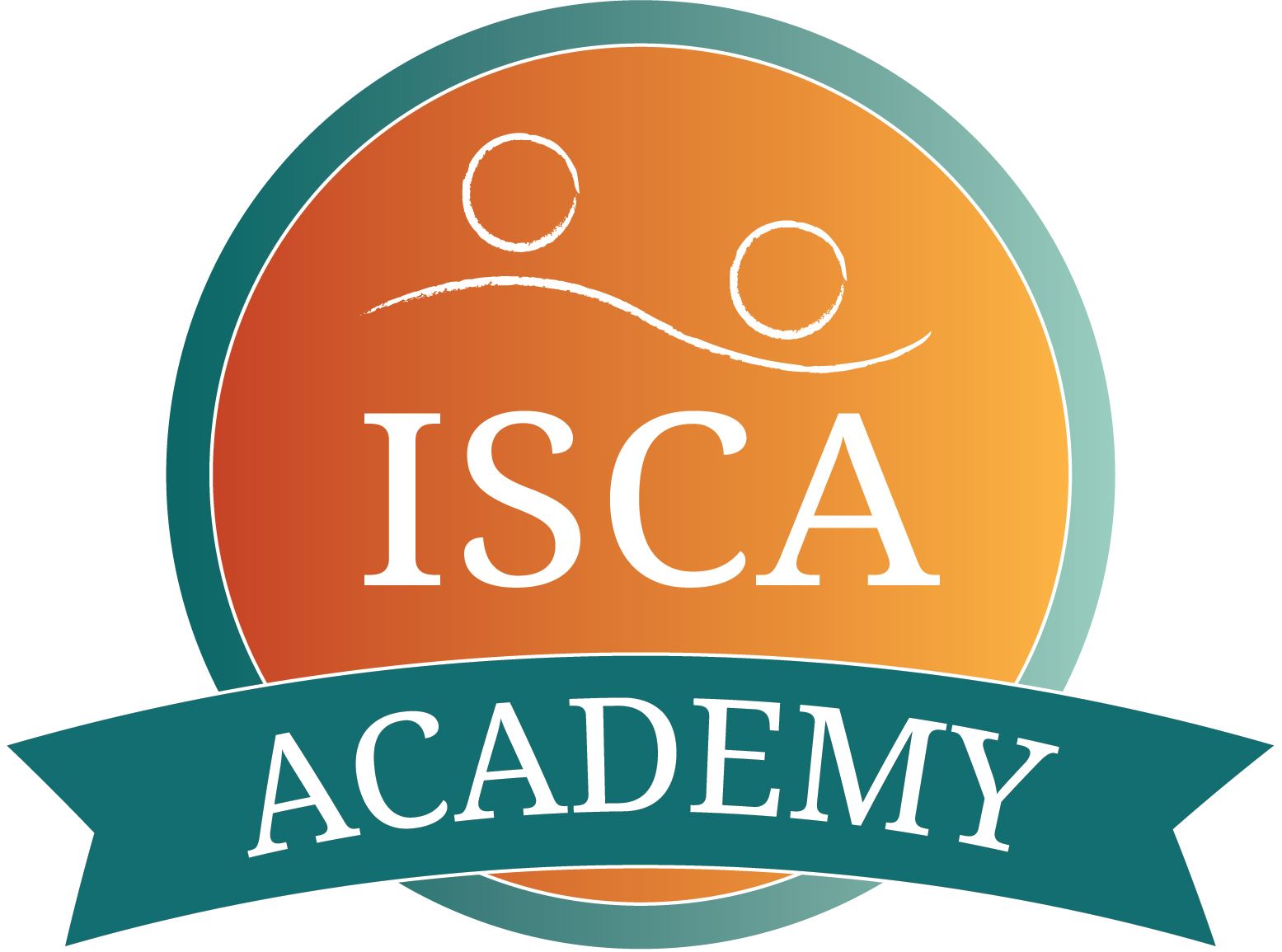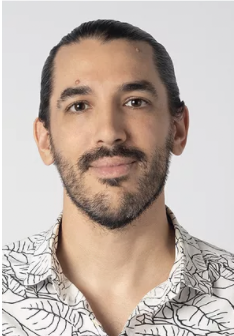- Home
- Restorative Justice for Educators
|
Course Title | Restorative Justice for Educators |
Course Number | ISCA 403 |
Course Overview | School staff and faculty to gain knowledge in the basics of Restorative Practices as well as some tools for implementation in their various institutions. When implemented across the school, restorative practices can improve school climate, foster a sense of true community, and strengthen relationships. Develop the social and emotional skills of your students by adopting restorative practices as a replacement for punitive approaches to influence the way students behave. In this course, we will learn the practices that address the underlying reasons for students’ behavior and leave with strategies to use with students that built on care, trust and respect. |
A. RESPONSIBILITY TO STUDENTS 10. a. Strive to contribute to a safe, respectful, nondiscriminatory school environment in which all members of the school community demonstrate respect and civility. B. RESPONSIBILITIES TO PARENTS/ GUARDIANS, SCHOOL AND SELF k. Work toward a school climate that embraces diversity and promotes academic, career and social/emotional development for all students. |
Intended Audience | All international educators. |
Essential Questions | How can restorative justice practices in your school improve the school culture and discipline practices? |
Knowledge | Skills |
Participants will have knowledge about: | Participants will be able to: |
|
|
About the Facilitator |
Andrew holds an MA in Student Development & Higher Education from Seattle University and is the director of Trident Training & Consulting - an organisation whose mission is to help develop and create institutions and organisations that are respectful, open, inclusive, and free of harassment. Andrew has been leading workshops and developing policies on equity and student life for the past 10 years. Andrew discovered his passion for diversity & inclusion issues during his undergraduate life, where he was exposed to different ideas about identity, power, and inclusion. Andrew facilitates workshops related to consent, respect, boundaries, and appropriate response to sexual misconduct for both the National University of Singapore and Yale-National University of Singapore College. Andrew also leads and supports professional staff and student staff training for the past 10 years on topics such as effective supervision, giving and receiving feedback, teamwork, and conflict management. Andrew is a Linden Global Learning consultant. |
Dates and times of offerings | Cohort 2: October 4, 11 and 18, 2022 @ 8:30 am- 11:30 am GMT |
Contact hours | 9-hour course (over three sessions) |
Time commitment between sessions | 2 hours |
Required Resource(s) | To be provided in Canva closer to the course date. |
References |



 ANDREW MCGEEHAN (He/Him) - lead facilitator.
ANDREW MCGEEHAN (He/Him) - lead facilitator.